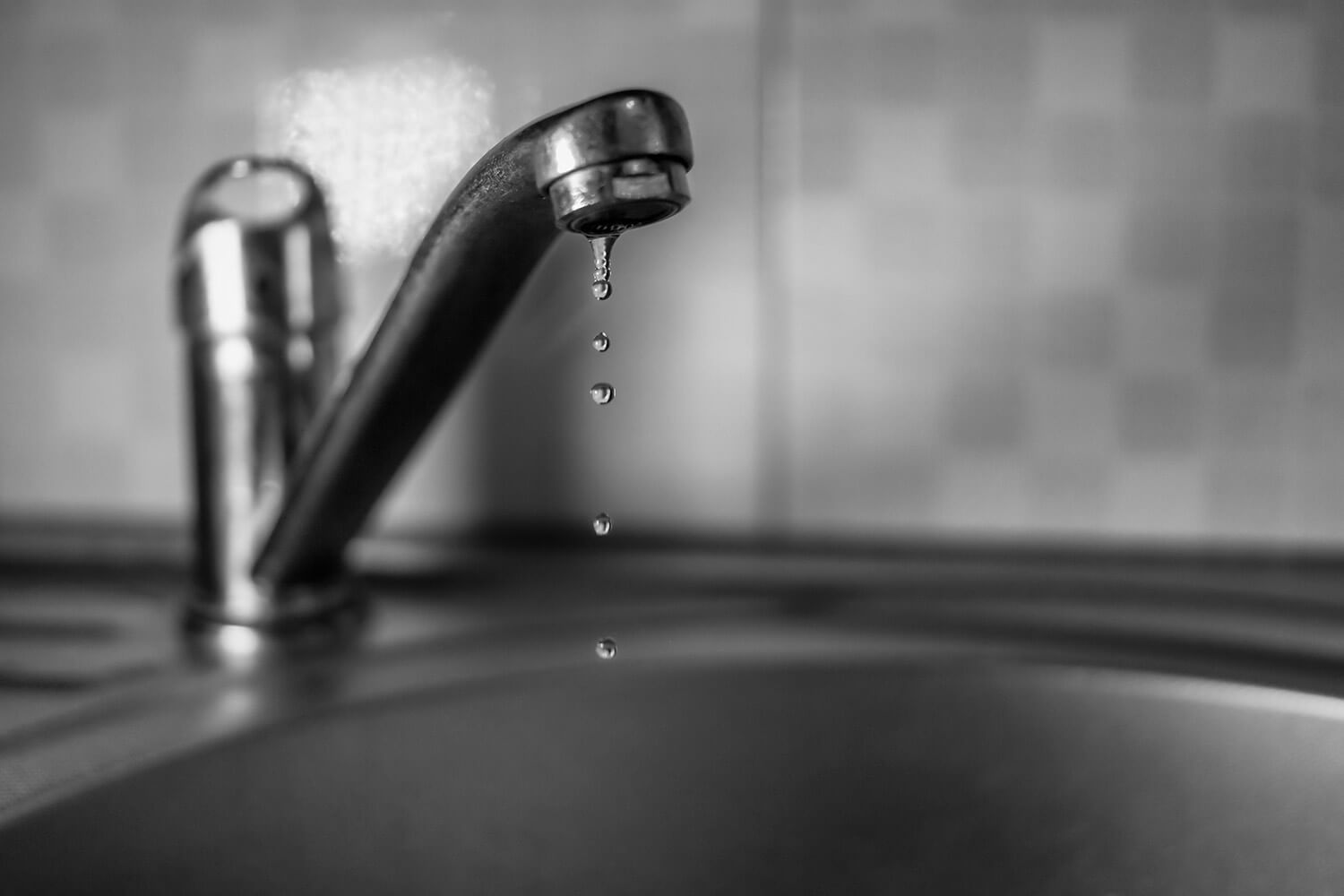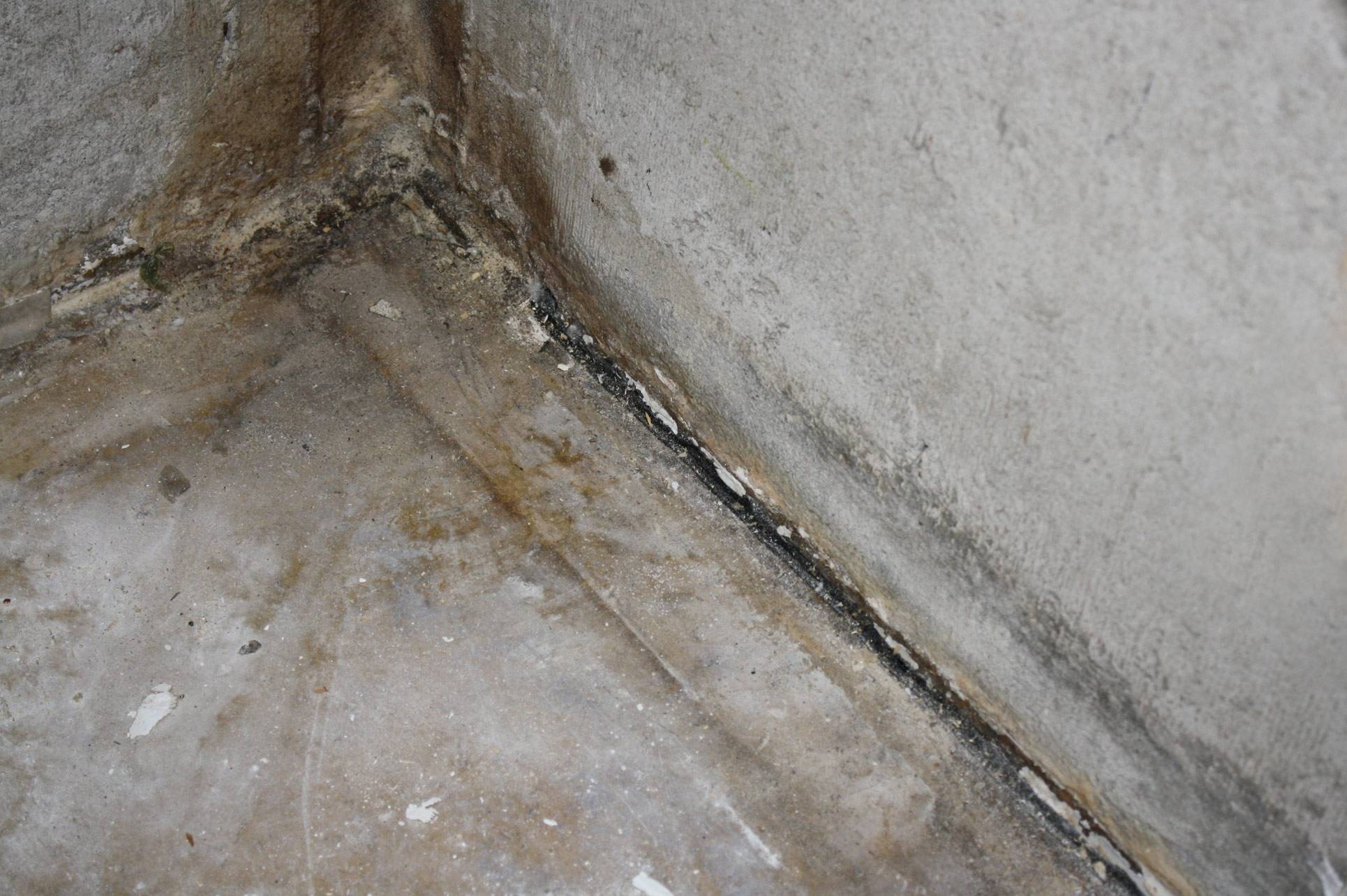Identifying the 6 Most Common Causes of Water Leaks in Your Home
Identifying the 6 Most Common Causes of Water Leaks in Your Home
Blog Article
Just how do you actually feel in relation to How to detect water leaks in your home?

Leaks not only cause waste of water yet can also create unneeded damage to your residence and advertise undesirable organic growth. By looking as well as comprehending for everyday circumstances that cause leaks, you can protect your home from future leakages as well as unnecessary damage.
Instant temperature changes.
Severe temperature adjustments in our pipelines can trigger them to expand and also acquire all of a sudden. This growth and contraction might cause fractures in the pipes, specifically if the temperature level are below freezing. It would certainly be best if you watched on just how your plumbing works. The presence of the previously stated situations regularly suggests a high threat.
Rusty water supply
As time passes by, your plumbing system ages as well as deterioration such as rust may start eating away the pipelines. This could be the reason for staining or bending on your pipes. This calls for an evaluation with your plumber instantly. Take into consideration replacing the pipelines since they are at a greater threat of deterioration than the newer models if our plumbing system is old.
Defective Pipe Joints
The point at which your pipes connect is frequently the weakest link in the waterline. Pipeline joints can wear away gradually, causing water leakages. The majority of pipe joints are not conveniently noticeable. If you have noisy pipelines that make ticking or banging sounds, especially when the hot water is turned on, your pipe joints are probably under a great deal of pressure. It is suggested to have your plumber inspect your system once a year.
Trespassing roots
The majority of water leakages begin outside your home instead of inside it. If you discover a sudden decrease in water pressure, say in your faucet, require time to head out as well as examine your backyard. You could notice damp spots or sinkholes in your lawn, and that could suggest that tree origins are invading water lines triggering water to seep out. You can have your plumber look for breach, particularly if you have trees or shrubs near your home.
Poor Water Connectors
Sometimes, a leak can be triggered by loose tubes as well as pipelines that provide your home appliances. Generally, moving is what creates the loosened water Connections. You may find when it comes to a cleaning equipment, a hose may spring a leak because of shaking throughout the spin cycle. In case of a water links leak, you might see water running straight from the supply line or pools around your appliances.
Blocked Drains
Clogged drains pipes might be irritating and also inconveniencing, but they can occasionally end up triggering an overflow resulting in burst pipelines. Maintain getting rid of any materials that might drop your drains pipes that might clog them to avoid such aggravations.
All the above are reasons for leakages but not all water leaks arise from plumbing leaks; some leakages may come from roofing leaks. All leaks should be repaired promptly to avoid water damages.
Leaks not only cause waste of water however can additionally cause unneeded damage to your house and promote undesirable organic development. By understanding and also looking for daily circumstances that trigger leaks, you can protect your house from future leaks and unnecessary damage. Today, we will look at six leakage causes that might be creating your pipelines to trickle.
At times, a leakage can be triggered by loosened hoses and pipes that supply your home appliances. In situation of a water links leakage, you might discover water running straight from the supply line or pools around your devices.
How To Check For Water Leak In Your Home
How To Check for Leaks
The average household's leaks can account for nearly 10,000 gallons of water wasted every year and ten percent of homes have leaks that waste 90 gallons or more per day. Common types of leaks found in the home are worn toilet flappers, dripping faucets, and other leaking valves. These types of leaks are often easy to fix, requiring only a few tools and hardware that can pay for themselves in water savings. Fixing easily corrected household water leaks can save homeowners about 10 percent on their water bills.
To check for leaks in your home, you first need to determine whether you're wasting water and then identify the source of the leak. Here are some tips for finding leaks:
Take a look at your water usage during a colder month, such as January or February. If a family of four exceeds 12,000 gallons per month, there are serious leaks.
Check your water meter before and after a two-hour period when no water is being used. If the meter changes at all, you probably have a leak.
Identify toilet leaks by placing a drop of food coloring in the toilet tank. If any color shows up in the bowl after 10 minutes, you have a leak. (Be sure to flush immediately after the experiment to avoid staining the tank.)
Examine faucet gaskets and pipe fittings for any water on the outside of the pipe to check for surface leaks.
Undetected water leaks can happen without the home or business owner even realizing. If you suspect a water leak, but not able to find the source. It is time to contact a professional water leak detection service, The Leak Doctor.
How To Find a Water Leak In Your Home
https://www.leakdoctor.com/blog/How-To-Check-For-Water-Leak-In-Your-Home_AE197.html

Do you really like reading up on Common Water Leaks In House? Try leaving a short review further down. We'd be pleased to hear your feelings about this review. We hope that you visit us again in the near future. Remember to take the opportunity to promote this entry if you liked it. I am grateful for your time. Please check up our website back soon.
Call Today Report this page